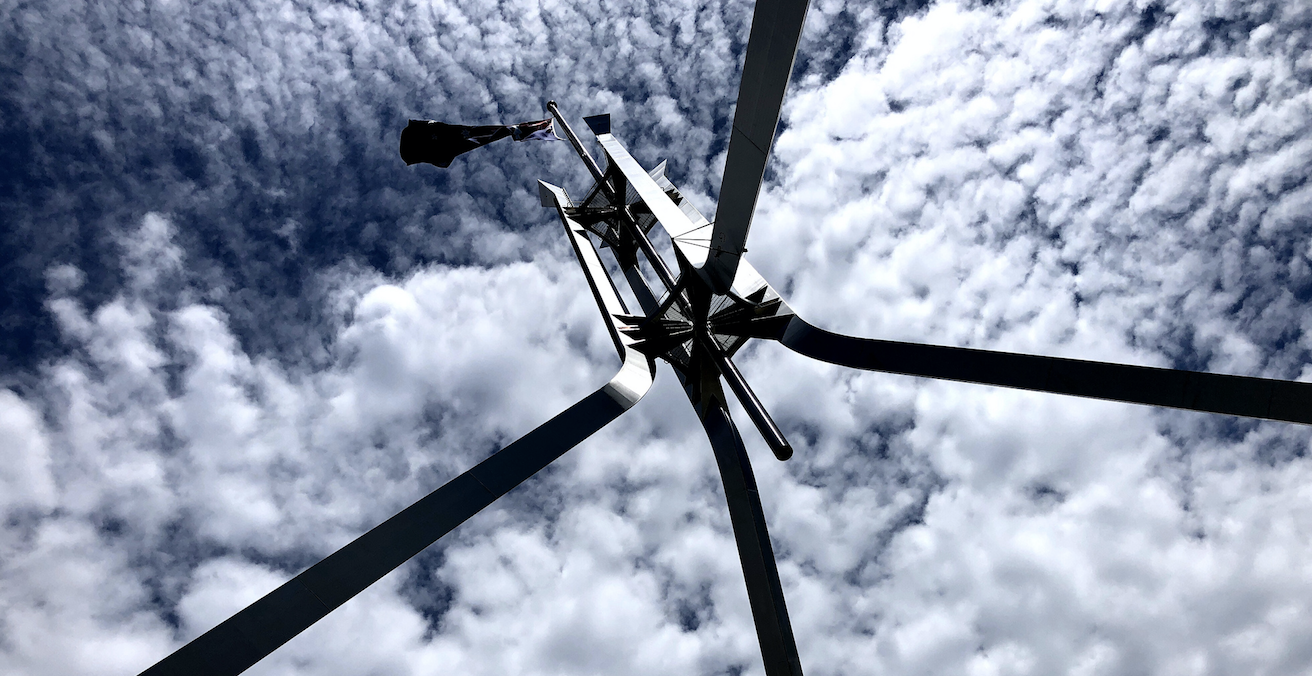A Strategy for Australia’s Foreign Policy: A Game of Means and Ends

Australia needs a new strategy to direct its foreign policy in order to seize new opportunities and increase its security through strength before the strategic window closes and it runs out of luck.
The significance of geopolitical changes and geostrategic shifts call for a rethink of Australian foreign policy: the 2017 White Paper is the starting point, not the end. Discussions on a so-called Plan B for Australia’s foreign, security, and defence policy, is slowly but steadily gathering shape. However, it is worth noting that Plan A has not completely run out of steam but perhaps needs reinvigorating, reinforcing and redesigning, using a new strategy that gives more agility, clear direction, and better return on investments. A strategy that offers a new direction in foreign policy thinking can be a starting point to not only respond to the emerging challenges but also offset the moves of Australia’s opponents. This short article discusses five sets of contrasting views to aid the thinking of decision-makers.
National power: perception vs reality
National power fuels national policies and shapes a nation’s destiny. The pursuit of foreign goals no matter how ambitious or important is impossible without harnessing the strengths of all elements of national power. An unambiguous approach and an honest evaluation of Australia’s national power is more useful than that which is based on perception. As the world changes and societies age, some old elements wither and some transform, the elements of national power evolve. It is, therefore, essential, to take stock of what is available to the nation in any given period before aspirations are expressed, goals are set and policies put in place.
Strategic narrative: fragmentation vs integration
Australia lacks a national narrative when it comes to foreign, security or defence policy. A national narrative is a powerful self-reflecting tool that unites the nation with its institutions to help steer the State forward. Without it, a nation can lose its raison d’être which has implications for its policy settings not least for its foreign policy. A fragmented social consciousness developing along the fault lines of a divisive society is a detriment to the fulfilment of aspirations, let alone ambitions and interests. The challenges posed by an emerging world tilting more towards divergence in interests, ideas, and actions, a coherent and integrated narrative is necessary to avoid a policy failure.
National security: hard security vs holistic security
The Australian thinking around national security has long remained focused on hard security. The protection and defence of territorial sovereignty is fundamental to national security, but not sufficient. In the post-9/11 world, the physical dimension of security has taken precedence over other dimensions. Australia has given in to the line of thinking that physical security is all that matters. And this is reflected in, for example, the Defence Integrated Investment Plan. But the prosperity of Australia as “the lucky country” is vulnerable to the security challenges that are not restricted to the physical domain of security. Contrast this with New Zealand’s 2018 Strategic Defence Policy Statement which presents a more holistic approach to national security thinking that lays out the foundation for more robust engagement with other countries, regionally and globally. Against the backdrop of emerging and future global strategic trends, as discussed by UK Ministry of Defence’s Global Strategic Trends, it is worth asking if a somewhat exclusive focus on hard security is exposing Australia to greater strategic vulnerabilities and also affecting our international engagement.
National character: toughness vs smartness
Australia is generally viewed internationally as a land of the fair-go and its people seen as proud, dynamic and resilient. These aspects have translated into a national image that has served Australia well, particularly in the twentieth century. The Australian Defence Force’s expeditionary military operations and contributions to UN peace-keeping missions for over 50 years, among other factors, have helped to forge this image. But Australia also has an ageing population with increasing diversity (26% were born overseas, according to 2016 Census of Population and Housing), a growing prevalence of distrust in political institutions and processes and worrying national health statistics. There is also concern over student performance in STEM (Science, Technology, Engineering and Mathematics) subjects. The emerging social face of Australia does help in forging a tough image. Changing social dynamics have implications for Australia’s national character and morale, not least for foreign policy. We should be aiming for smartness to extract the maximum value from diverse disruptive technologies. Smart power fuelled by cognitive diversity can have an asymmetric advantage in a knowledge economy.
National approach: incrementalism vs big leap
The emerging strategic scenario inside and outside of Australia strengthens the need for a re-orientation in policy thinking. Changing national practices, policies and systems is no easy task and it should be approached carefully and methodically. There is perhaps no perfect time in national affairs to make significant changes. Therefore, we need incremental or small steps led by mature and wise leaders that are not vulnerable to tactical considerations and quick gains and to invest in shaping the nation’s future using hard facts – not rhetoric.
As Australia’s strategic environment gets more complex and new forces shape the actions of and interactions between States and non-State actors emerge, a new style of thinking is the first step towards defining Australia’s role in this world. It is time for a middle power like Australia to assume its role and responsibilities and embrace the future so as not to miss future opportunities. The strategic window of opportunity does not stay open indefinitely. Without a brutal and honest appraisal of the means and ends, there is a real risk that Australia’s power status will decline in relative terms and it will run out of meaningful options and be forced to come to terms with the reality of no longer being the lucky country. The 2017 Foreign Policy White Paper is the starting point, not the end.
Dr Joyo Sanyal is a research analyst at the Future LAnd Warfare Branch of the Australian Army Research Centre. He joined the Australian Army Research Centre following a period of association with the Australian Bureau of Statistics. His research interests include foreign, security, and defence policy issues.
This article is published under a Creative Commons License and may be republished with attribution.
Disclaimer: The views expressed here are personal and they do not necessarily reflect the official policy or position of the Australian Army, the Department of Defence, or the Australian Government.





